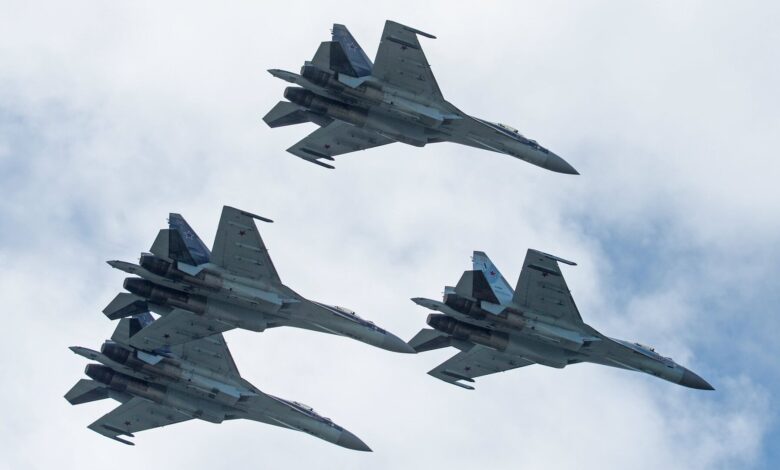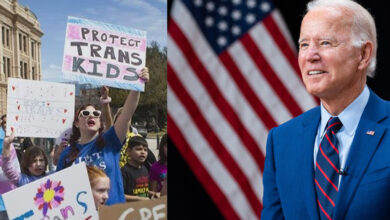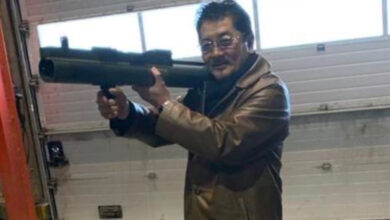North Korea Trades Troops for Russian Fighter Jets Amid Rising Tensions
The United States has revealed that North Korea is set to receive Soviet-era fighter jets from Russia in exchange for deploying thousands of its troops to support Moscow's war effort in Ukraine. This development underscores the deepening military alliance between Pyongyang and Moscow, raising alarms in the U.S. and among its allies.

The United States has revealed that North Korea is set to receive Soviet-era fighter jets from Russia in exchange for deploying thousands of its troops to support Moscow’s war effort in Ukraine. This development underscores the deepening military alliance between Pyongyang and Moscow, raising alarms in the U.S. and among its allies.
Military Exchange Unveiled
Admiral Samuel Paparo, head of the U.S. Indo-Pacific Command, confirmed the arrangement, stating that North Korea will acquire MiG-29 and Su-27 fighter jets. These aircraft, while outdated by modern standards, are expected to enhance Pyongyang’s air power. The deal comes as North Korean troops are reported to be stationed in the Russian region of Kursk, where Ukraine’s forces have been conducting counteroffensive operations.
Despite their proximity to combat zones, Admiral Paparo noted that the troops have not yet been actively engaged in battle. However, Ukrainian President Volodymyr Zelensky recently contradicted this assertion, suggesting a more direct role for the North Korean soldiers.
Regional Concerns Over Advanced Weapons
The exchange of military resources between Russia and North Korea has triggered widespread concern, particularly regarding the potential transfer of advanced technologies that could bolster Pyongyang’s ballistic missile and nuclear weapons programs, both of which are under strict United Nations sanctions.
U.S. Defense Secretary Lloyd Austin called the presence of North Korean troops a “dangerous and destabilizing escalation,” further complicating an already volatile geopolitical landscape in Eastern Europe and the Indo-Pacific.
Broader Military Cooperation
The deal is part of a growing partnership between the two nations. Last month, South Korea’s defense ministry accused Russia of supplying North Korea with air defense missile systems as part of a similar quid pro quo arrangement. Additionally, Seoul reported that Pyongyang has sent vast quantities of munitions to replenish Russia’s depleted stockpiles, potentially including artillery shells and small arms ammunition.
This military alignment follows a high-profile meeting over the summer between Russian President Vladimir Putin and North Korean leader Kim Jong Un, during which they signed a landmark military cooperation agreement. Both nations have dismissed international criticism, asserting that their partnership poses no threat to countries that do not intend to attack them.
Implications for the Region
The growing ties between Moscow and Pyongyang come at a time of heightened tensions in the Indo-Pacific region. North Korea’s air force, historically reliant on aging Soviet and Chinese aircraft, could gain a significant boost with the addition of MiG-29s and Su-27s. These jets, while decades old, remain formidable in certain combat scenarios.
South Korea, North Korea’s bitter rival, operates a modern fleet of U.S.-made F-15 and F-16 fighters, alongside advanced F-35 stealth jets. Analysts warn that the bolstering of North Korea’s military capabilities could upset the fragile balance of power on the Korean Peninsula.
Global Reactions
Ukraine, meanwhile, continues to rely on older Western-supplied aircraft, including F-16s and soon-to-arrive Mirage 2000 jets from France. The presence of North Korean troops in Russia has further fueled tensions, as Kyiv’s counteroffensive faces mounting challenges.
The United States and its allies have vowed to monitor the evolving situation closely. While no official comment has been made by Russian or North Korean officials, the exchange of troops for fighter jets marks a significant shift in military cooperation that could have far-reaching consequences.
The situation underscores a new era of geopolitical alliances, with the Russia-North Korea partnership threatening to disrupt regional and global stability. Further developments are expected as the conflict in Ukraine and tensions in East Asia continue to escalate.




